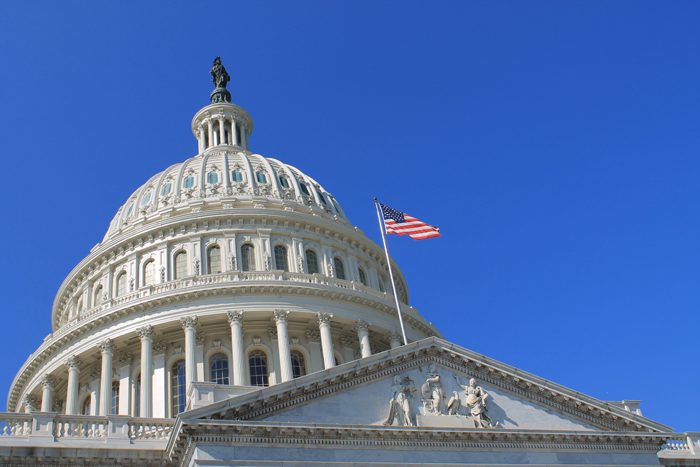
Secretary Lutnick was asked several times to reflect on the importance and impact of the bipartisan CHIPS & Science Act. He called the initial investment an “excellent downpayment” toward making the U.S. a leader in semiconductor manufacturing and creating good jobs. His testimony included acknowledgment of Commerce’s role in implementation, stopping short of commitment to furthering investments appropriated under the bill. He instead stated he would “work to ensure Congress receives the benefit of the bargain on the promise.” When asked if he felt it was important for CHIPS to continue to operate, he focused on the importance of studying return on investments (ROI) from existing expenditures. When asked about continuing support for tech hubs, particularly in regions focused on biotechnology like the Southeast, Mr. Lutnick committed to visiting existing sites and evaluating expansion opportunities.
Mr. Lutnick’s response to questions about Broadband Equity, Access, and Deployment (BEAD) funding acknowledged the U.S. “need[s] to be leaders in 5G & 6G and bring the most effective and affordable broadband access to homes.” The nominee also acknowledged the current pause in federal funding and impacts on implementation. In doing so, he leveled a recent talking point offered by opponents to the program, claiming no households have yet received broadband under BEAD. This obscures the process as set out in the bipartisan legislation that requires states to identify broadband needs and seek administration approval before beginning projects. In fact, states that have received approval of these plans from the last administration have been instructed to await another review by this administration before launching work.
Much of the hearing focused on economic growth, with little discussion on ensuring equitable opportunities for underserved communities. The Department of Commerce, like all agencies, is currently subject to executive actions targeting “DEI” initiatives.
Secretary Lutnick outlined his vision for investing in emerging technologies and modernizing workforce training to keep pace with industry demands. He also highlighted the importance of bringing back domestic manufacturing to the U.S. For example, after Senator Gary Peters’ (D-MI) raised concerns about the impact of tariffs on the automotive manufacturing industry, the Secretary said, “it is vital for America that we bring semiconductor manufacturing to the United States of America. We need domestic manufacturing. CHIPS was an excellent down payment to begin that process.”
Secretary Lutnick was confirmed as Secretary of Commerce on Tuesday, February 18, 2025, in a largely bipartisan vote. While he avoided directly commenting on the federal hiring freeze mandate, his role at the Commerce Department will have significant implications for workforce and economic policies moving forward.
Join us at the Skills Summit in May to continue the conversation and champion critical workforce funding!